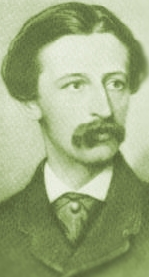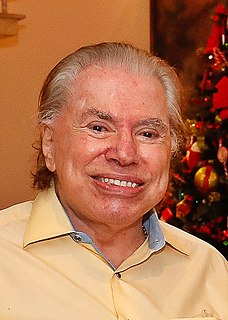A Quote by William James
The first thing the intellect does with an object is to class it along with something else. But any object that is infinitely important to us and awakens our devotion feels to us also as if it must be sui generis and unique. Probably a crab would be filled with a sense of personal outrage if it could hear us class it without ado or apology as a crustacean, and thus dispose of it. 'I am no such thing,' it would say; 'I am MYSELF, MYSELF alone.
Related Quotes
Of course, an English aristocrat might have some contact with the staff downstairs and could adequately say a thing or two about inter-class dramas unfolding in the household. But something less parochial might be harder to come by. This is relevant because stories about the divisiveness of class are by definition stories that straddle class boundaries. A story about a miner in a mining town is not obviously one that speaks to the divisiveness of class. In other words, class doesn't just divide us in the world but it also divides us in the stories we're presented.
And so it is with our own past. It is a labour in vain to attempt to recapture it: all the efforts of our intellect must prove futile. The past is hidden somewhere outside the realm, beyond the reach of intellect, in some material object (in the sensation which that material object will give us) of which we have no inkling. And it depends on chance whether or not we come upon this object before we ourselves must die.
Whatsoever accidents or qualities our senses make us think there be in the world, they are not there, but are seemings and apparitions only. The things that really are in the world without us, are those motions by which these seemings are caused. And this is the great deception of sense, which also is by sense to be corrected. For as sense telleth me, when I see directly, that the colour seemeth to be in the object; so also sense telleth me, when I see by reflection, that colour is not in the object.
It is well for us that we are born babies in intellect. Could we understand half what mothers say and do to their infants, we should be filled with a conceit of our own importance, which would render us insupportable through life. Happy the boy whose mother is tired of talking nonsense to him before he is old enough to know the sense of it.
A personal relationship with God enhances life. First, it enables us to accept our limitations without being frustrated by them. It assures us that problems we can't solve are not necessarily insoluble. Second, when we need it, God offers us a sense of forgiveness, a sense of cleansing from our incompleteness. . . . Last and perhaps most important, a personal relationship with God redeems us from the fear of death. We needn't be afraid that all our good deeds will vanish when we die.
We have an incredible capacity for the worst possible evil, all of us, it was that we also have this incredible capacity for good. And that is why we are all of us appalled when something bad happens. Because if the bad was the norm, we would just shrug our shoulders and say "well tough luck, this is how the cookie crumbles" kind of thing but none of us does that.
Originality is a thing we constantly clamour for, and constantly quarrel with; as if, observes our author himself, any originality but our own could be expected to content us! In fact all strange thing are apt, without fault of theirs, to estrange us at first view, and unhappily scarcely anything is perfectly plain, but what is also perfectly common.
It takes a thousand men to invent a telegraph, or a steam engine, or a phonograph, or a photograph, or a telephone or any other important thing-and the last man gets the credit and we forget the others. He added his little mite - that is all he did. These object lessons should teach us that ninety-nine parts of all things that proceed from the intellect are plagiarisms, pure and simple; and the lesson ought to make us modest. But nothing can do that.








































